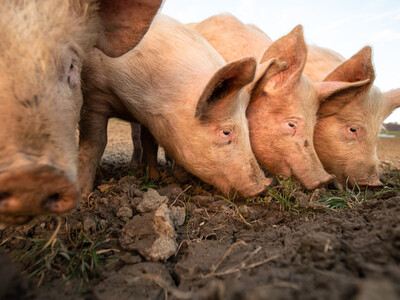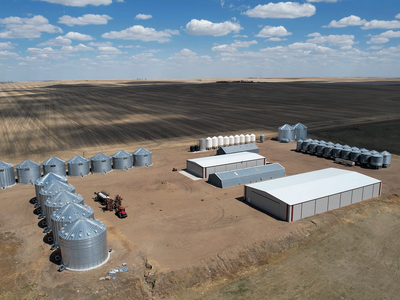Challenging EPA & Another Fallout plus Benefits of Wind Energy
Challenging EPA & Another Fallout plus Benefits of Wind Energy. I'm Greg Martin with today's Northwest Report.The oil industry fired yet another volley in its war against the Renewable Fuel Standard by filing a lawsuit with the D.C. Circuit Court against the Environmental Protection Agency over the volume requirements of the RFS. Renewable Fuels Association President and CEO Bob Dinneen says this is nothing new..
DINEEN: Once again they have taken their nonsensical political fight to the courts. They have sued EPA over its implementation of the RFS before and been told that their case has no merit but the oil companies of course have more money than God and they are spending that on lawyers and once again are challenging EPA in court for their 2013 RFS requirements.
And yet another fallout from the federal government shutdown. It could leave America's craft brewers with a serious hangover. The shutdown has closed an obscure agency that quietly approves new breweries, recipes and labels, which could create huge delays throughout the rapidly growing craft industry, whose customers expect a constant supply of inventive and seasonal beers.The closing isn't expected to have much effect on industry giants such as MillerCoors or Anheuser-Busch. They can continue to produce existing products as usual.
Many people may not realize the jobs and revenue streams that come with wind energy development in local communities. Larry Flowers - American Wind Energy Association Deputy Director for Distributed and Community Wind - says construction of wind farms brings temporary jobs and revenue - but permanent jobs remain once construction is completed to operate and maintain the wind turbines.
FLOWERS: Then there's the revenue stream that comes to the farmers and landowners who actually host the wind turbine. Those wind turbines on your property you get a monthly stipend just to host that wind turbine and it's on the order of anywhere from $2500 to maybe $5000 a year for taking less than an acre out of production and then there's the taxes. These are very capital intensive pieces of equipment on the order of almost $2-million dollars a mega-watt and that is a tax base that therefore goes into local coffers and state coffers so there's al those revenue streams and jobs that will last with the exception of construction 20 to 30 years during the life of the project.
That's today's Northwest Report. I'm Greg Martin on the Ag Information Network.














